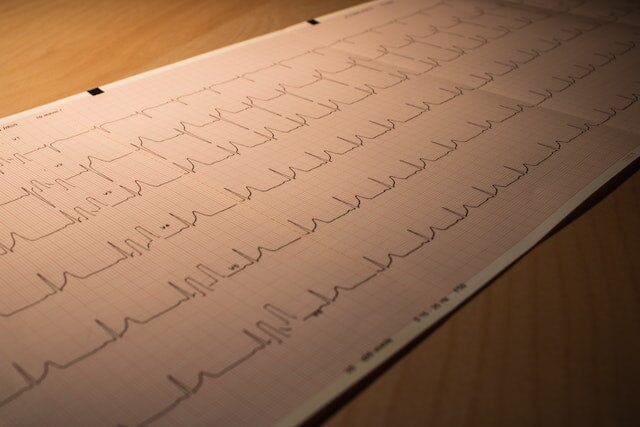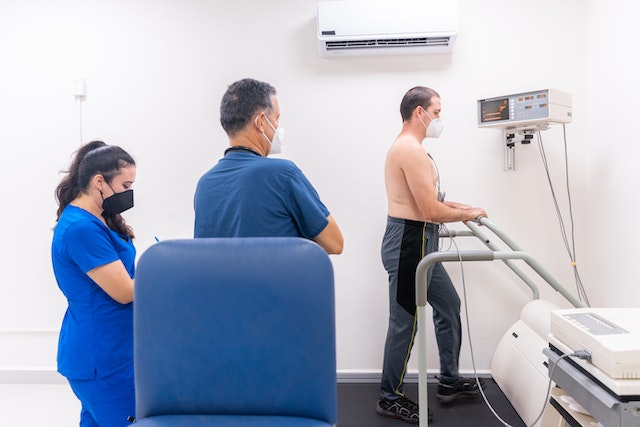
Here's what a TMT Test Positive means for your Cardiac Health
Time to read 3 min
Time to read 3 min
A TMT test positive means that you may be having an underlying issue with your heart. While it is not a predictive test, it can provide more information to your cardiologist so that you can get further testing done. You should also get your entire medical history analysed so that your doctor can perform a better check-up.
A positive TMT report can also indicate that there may be nutrition or lifestyle related reasons for the sub-optimal functioning of the heart. Changes in blood pressure or heart rate upon movement and rest, can indicate that you need to make the right changes to improve your heart's functioning.
The TMT test is designed to understand the functioning of the heart during motion and rest. The heart rate, blood pressure, and other vital stats are measured in the TMT test for a complete mapping of overall health.
You can get a check-up of coronary artery disease and know your risk of a heart attack with the TMT test.
The TMT test can help in analysing the presence of an irregular heart beat, which could be a predeterminer of an underlying condition.
Potential blockages can be identified with the TMT test. You should also get the ECG and 2D scan tests done to get a better visual image of the signals of the heart.
Your heart health for surgery can be checked with the TMT test. Your doctors can get more confidence in your heart's ability to remain healthy through surgery.
Your annual health examinations should include a TMT test or a stress test, which can determine the presence of any irregular heart beats or blood pressure related issues.
There is a possibility of a false positive of the TMT test, in which case the test can be performed again. The stress test on a treadmill is the best way to measure activity in motion, but can provide a false positive in certain cases.
If you have lower levels of haemoglobin, which can be determined with a blood test, then there may be a chance of a false positive as the result may be due to low levels.
Younger individuals may not have a significant enough change in the movement and rest phases to get a more accurate result.
If you have a high blood pressure issue, then there may be an underlying factor added to the report which can change the outcomes.
If you aren't showing any symptoms then you may not get an accurate reading as well, which can indicate that more further testing may be required.
Some medication can interfere with heart rate and blood pressure during movement and rest. You should consult with your cardiologist about what to do in these scenarios.
You can also get a better analysis of your heart with the following tests
An ECG test can help in determining whether something is wrong through electrical signal mapping. Your chest pain or other issues can be mapped better with an ECG.
An ultrasound can help in determining the biological functioning of the heart, along with finding any potential signs of injuries.
An MRI test is also recommended when there is a positive TMT result. Your heart and arteries can be checked with the MRI scan.
Your blood tests can find root causes within the cardiac system that may be leading to risk factors.
A complete scan of the structure, valves, arteries, aorta, etc. can be beneficial for cardiologists that want to perform further testing.
*Medical Disclaimer - The following information is for educational purposes only. No information provided on this website, including text, graphic, and images, are intended as substitutes for professional medical advice. Please consult with your doctor about specific medical advice pertaining to your condition(s)

